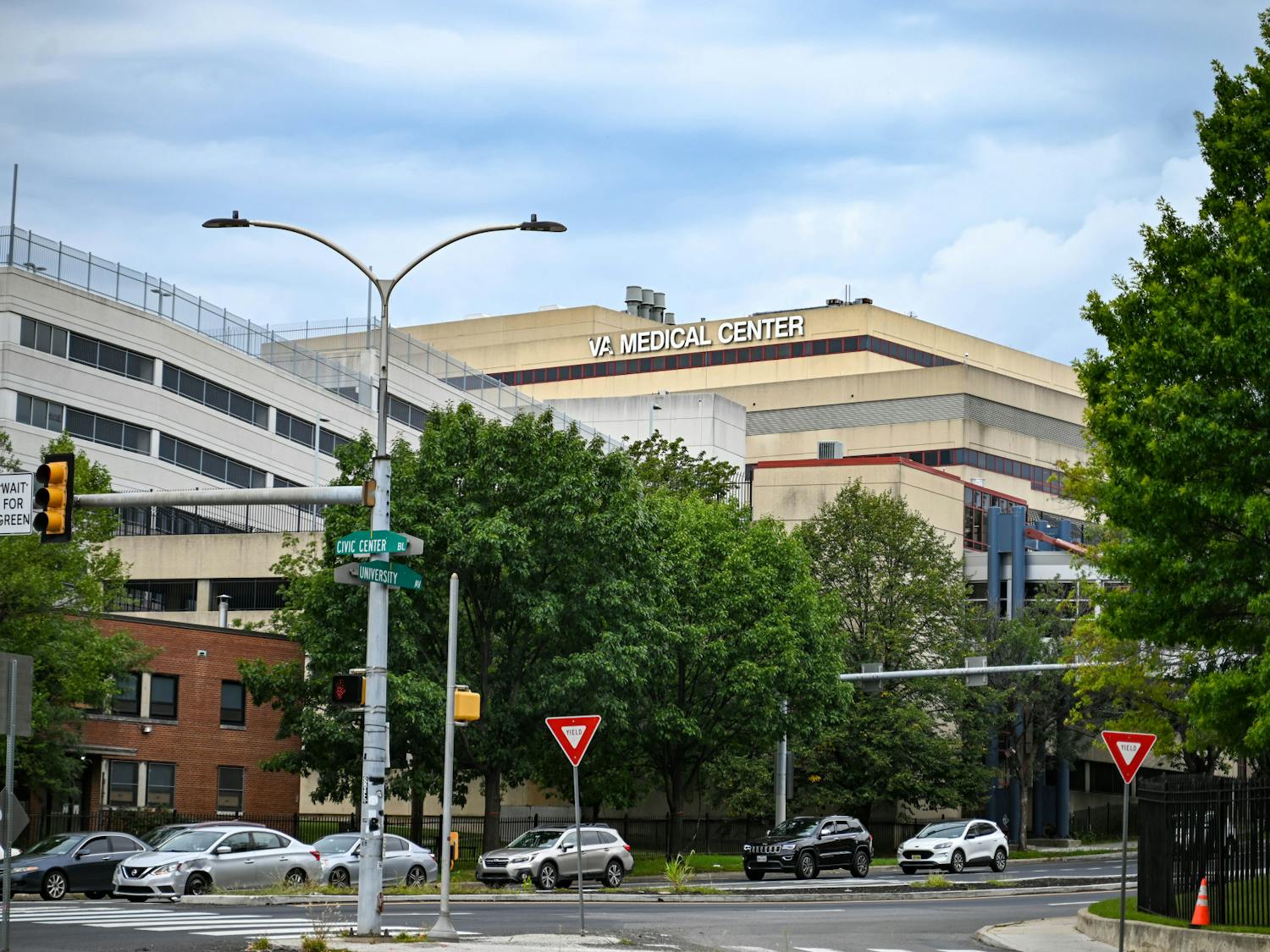Residents and fellows at Penn Medicine voted to unionize, making them the first housestaff union in Pennsylvania.
The Committee of Interns and Residents announced on May 8 that participants voted in favor of union recognition with a 892-110 vote. Voting took place from May 3 to May 5.
Penn Med residents previously told The Daily Pennsylvanian that they were pushing for a union to achieve better working conditions and the right to weigh in on the hospital system's decisions.
"Winning by such a strong majority is a testament to how hard everyone on the organizing committee has worked, but also how badly a union is needed at Penn Medicine," Jackson Steinkamp, a third-year internal medicine resident, told the DP. "We’re definitely celebrating this milestone, but we need to keep looking forward, toward negotiating a first contract."
A Penn Med spokesperson wrote to the DP that they "respect" the collective decision of their residents and fellows, adding that Penn Med remains committed to improving the training experience and ensuring that the housestaff is "fully supported during these transformative years of their medical careers."
"We are proud of Penn Medicine’s long history as home to many top residency and fellowship programs, and we have appreciated the ongoing opportunity to hear directly from residents about their concerns during this unionization campaign," the Penn Med spokesperson wrote to the DP. "We have an obligation to stay true to our shared goals to provide the very best care to our patients, and to ensure that new physicians are able to train in an environment that allows them resources to flourish academically, professionally, and personally."
CIR previously sent a letter to the University of Pennsylvania Health System on Feb. 17 demanding that the hospital system recognize the unionization efforts of their housestaff. The University failed to accept the demands for voluntary recognition.
Steinkamp said that he is "thrilled" to have securing the vote "despite months of anti-union messaging from Penn Medicine administration."
RELATED:
Penn students, local politicians rally for RA union recognition in campus demonstration
Penn Museum union advocates for standardized pay, job security in contract negotiations
Residents and fellows previously told the DP that they faced anti-union campaigning from their employer. Union organizers expressed confusion with regulations dictating when and where residents and fellows could vote
Penn Med also allegedly posted signs encouraging the housestaff to vote no on the ballot outside polling locations. Some departments were directly told over email that they should not approve of the unionization effort.
As a result of these tactics, CIR wrote in their press release that they have filed one unfair labor practice charge against the University for "their conduct in the lead up to their election."
University spokesperson Ron Ozio did not respond to a request for comment.
In the press release, state Sen. Nikil Saval supported the union, writing that he is "proud to welcome them into Philly's indomitable union family."
"I will be standing with them as they fight for their first contract," he wrote. "Protecting the health and wellbeing of these workers is crucial to ensuring all Philadelphians receive the world class healthcare that Penn is famous for, and that everyone deserves."
The CIR is the largest housestaff union in the United States and currently represents over two-thirds of Penn Med residents and fellows.
Looking forward, residents and fellows will begin to negotiate a fair contract with their employer after the NLRB certifies the results.
Steinkamp said that he is proud to be a part of the "overall union wave currently happening at Penn." Penn Museum workers recently unionized, and both graduate student workers and residential advisors have also filed to unionize this semester.
"Every worker deserves a seat at the table in negotiating how their organizations are run, and healthcare workers are no exception," Steinkamp said.









